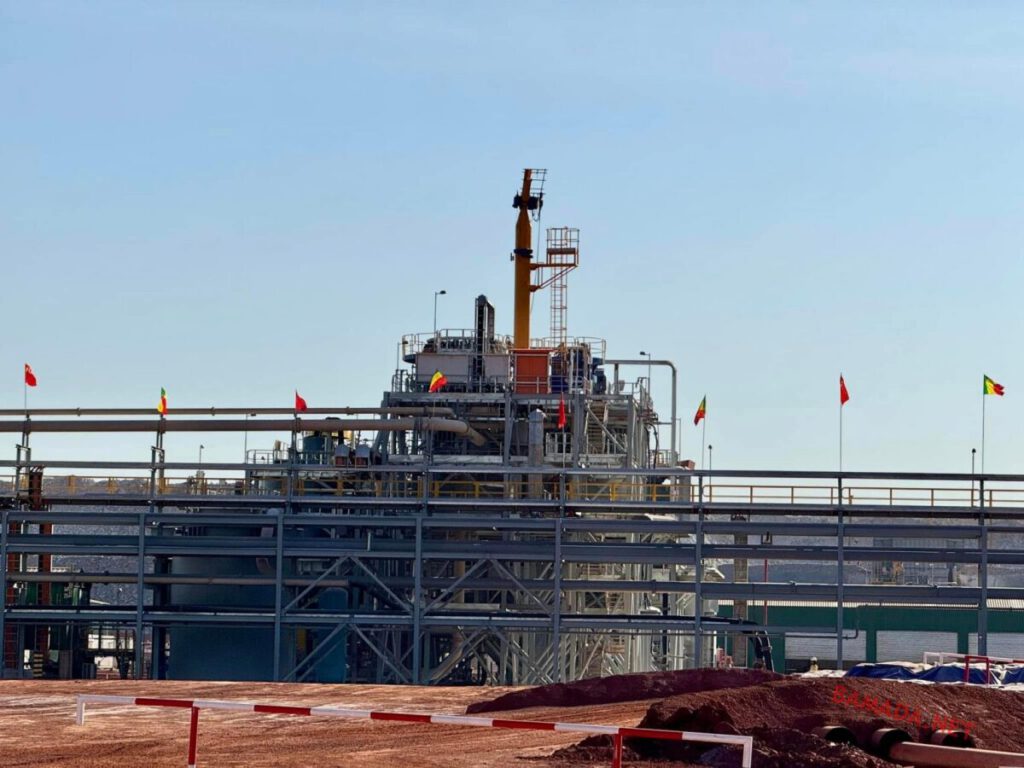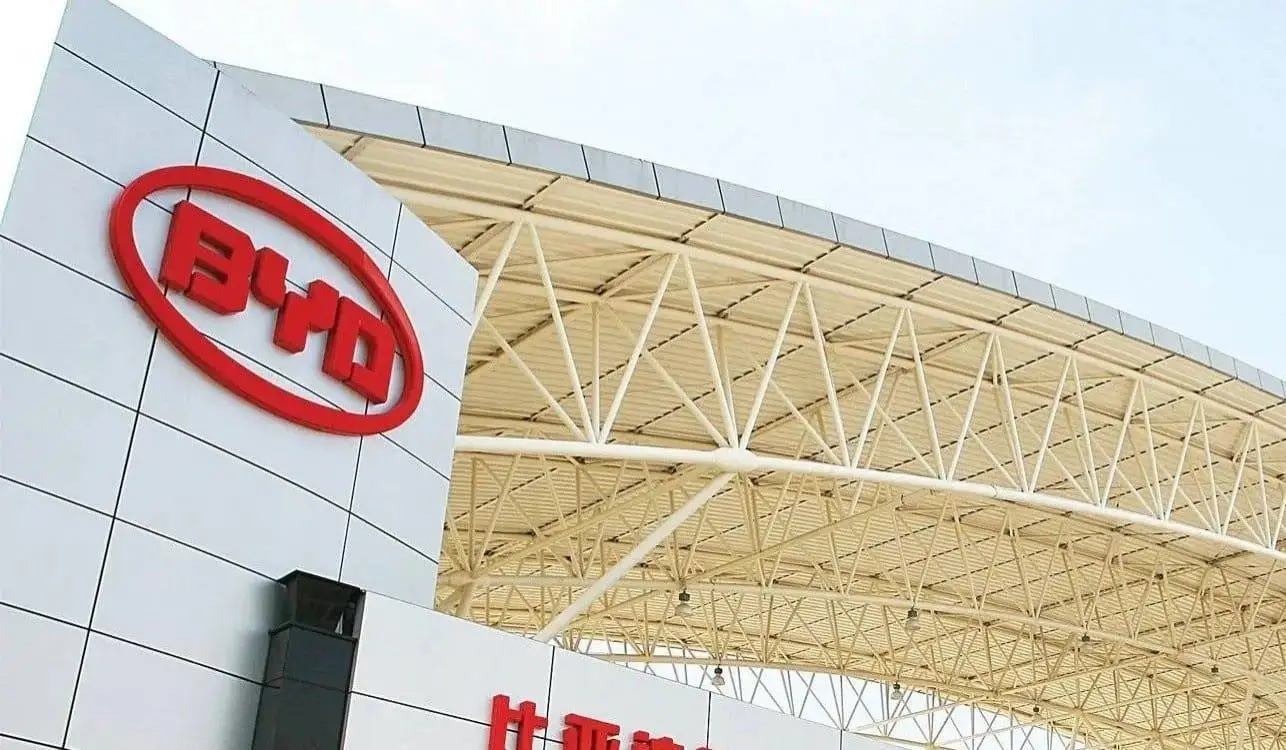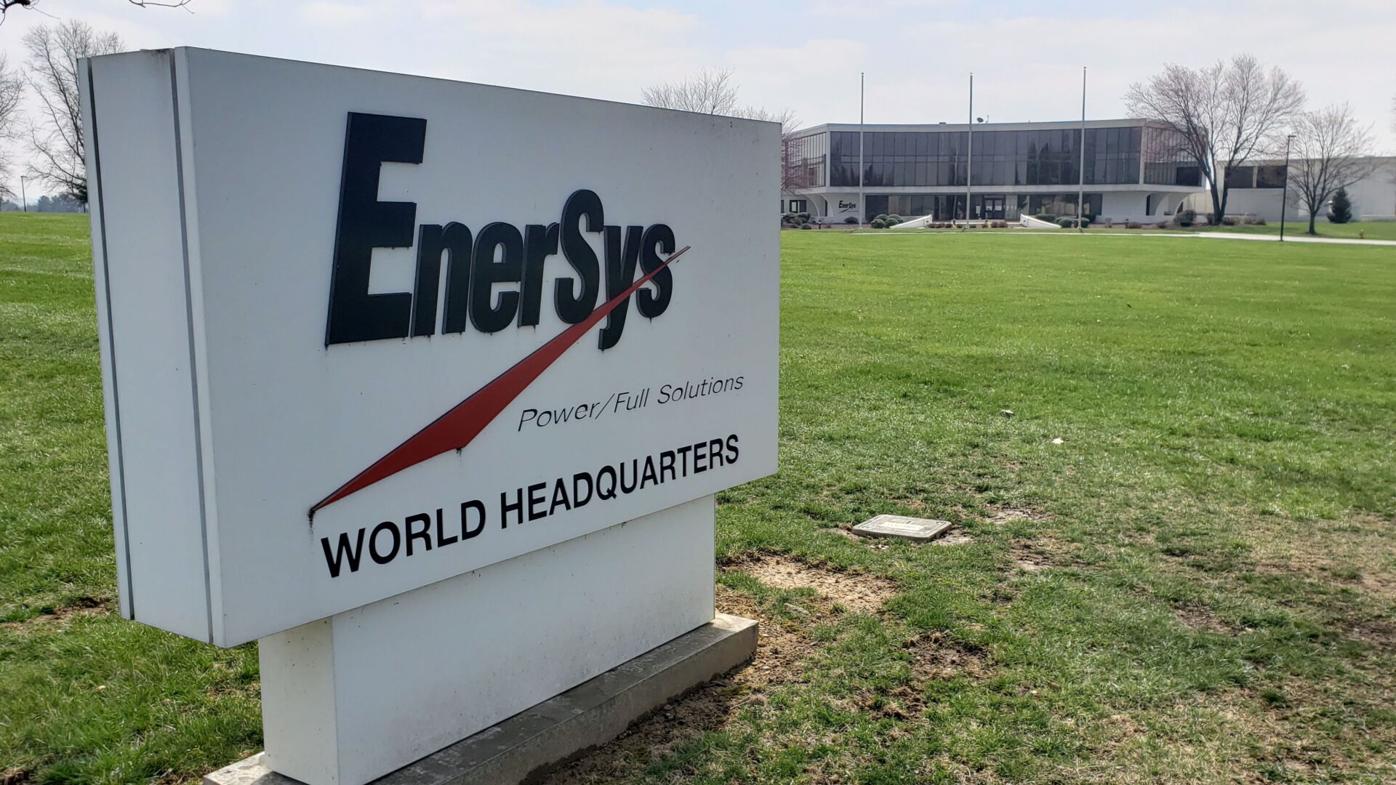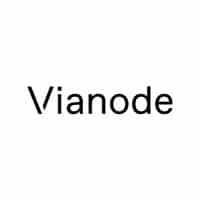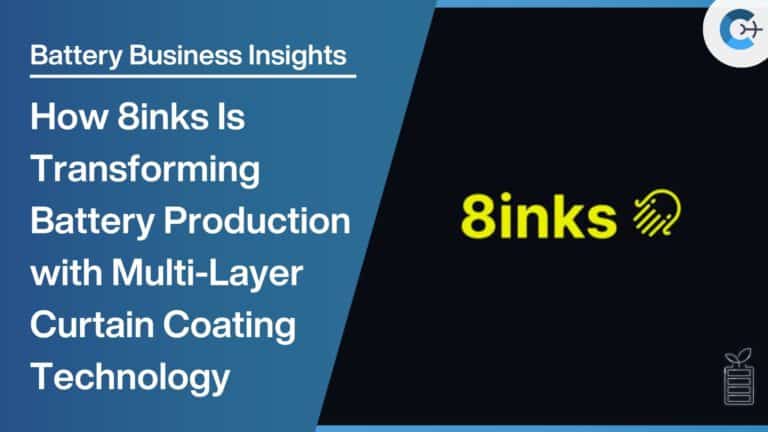On December 15, 2024, Mali officially launched the Goulamina lithium mine in the Bougouni region, marking a significant advancement in the nation’s economic development. Presided over by General Assimi Goita, the president of Mali’s transitional government, the inauguration signifies the country’s emergence as a major contributor to the global lithium market—a critical element for electric vehicle batteries.
The Goulamina mine is esteemed as one of the largest lithium deposits globally, with an expected operational lifespan exceeding 23 years. It is projected to produce approximately 500,000 tons of spodumene concentrate annually, serving as a primary source of lithium. This substantial production capacity positions Mali to meet the growing international demand driven by the expansion of green technologies and the electric vehicle industry.
Ownership of the project is divided among key stakeholders: Chinese company Ganfeng Lithium holds a 65% share, affirming its status as a global leader in the sector; the Malian government retains a 30% stake; and local investors account for the remaining 5%. This distribution aligns with Mali’s new mining code adopted in August 2023, which aims to enhance national involvement in strategic mining endeavors.
The economic implications for Mali are considerable. The mine is expected to generate annual revenues of around 100 billion CFA francs (approximately $160 million). Additionally, Malian companies are slated to secure at least 51% of subcontracting contracts, potentially resulting in an annual turnover of 250 billion CFA francs. These opportunities are anticipated to stimulate job creation and foster the development of local expertise.
A portion of the mine’s revenue will be allocated to funding local infrastructure projects, particularly in the energy, transportation, and water sectors. These investments are designed to enhance the living conditions of nearby communities and support broader regional economic growth.
With the commencement of the Goulamina mine’s operations, Mali ascends to a leading position in lithium production within West Africa. This strategic development enables the country to integrate into the global value chain of clean technologies, thereby reinforcing its role in the worldwide energy transition.
The success of the Goulamina mine may also attract further foreign investment in Mali’s mining sector, especially in the exploration and exploitation of other mineral resources. To maximize these benefits, it is essential for the Malian government to continue promoting transparent and sustainable management of natural resources. Such efforts will help ensure that the profits from these projects are equitably distributed among the population and contribute to the country’s sustainable development.
Source: APA News

